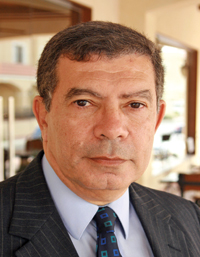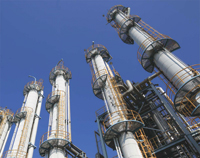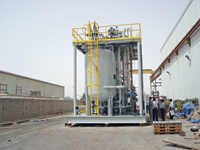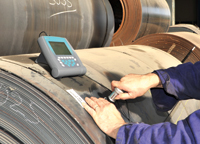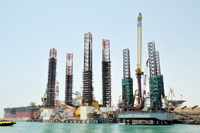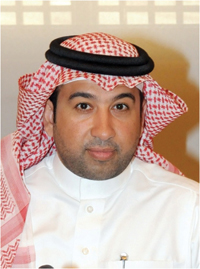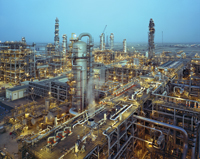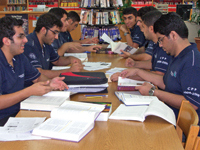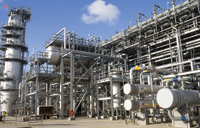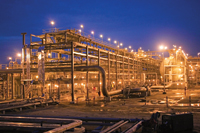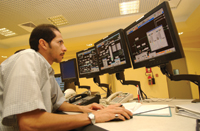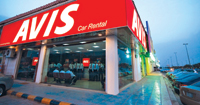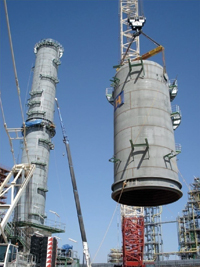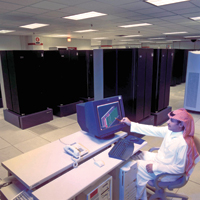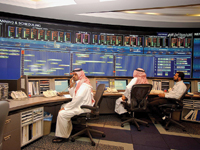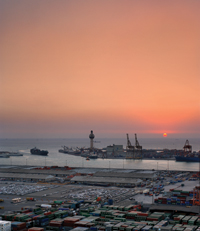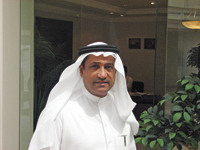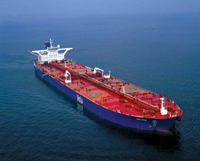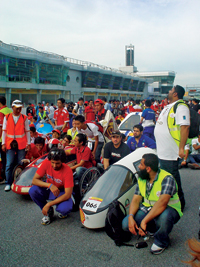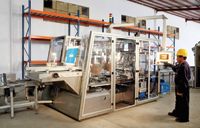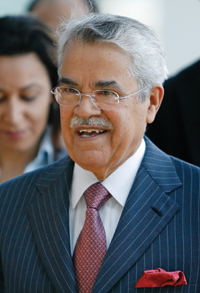
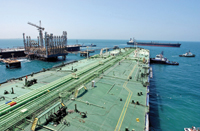 Aramco ... moving up the value chain
Aramco ... moving up the value chain
SAUDI ARABIA, the world’s largest oil exporter, has long been a dominant force in the oil market – but has never been an oil trader.
That’s changing now as Riyadh seeks to capitalise on its refining strength and run its own oil trading book – buying and selling gasoline, gas oil and other fuel to balance the needs of its expanding system, and to turn a profit.
A new Saudi state-owned company, Aramco Trading, is even venturing into derivatives such as futures and paper trading, a significant cultural change given Riyadh’s deeply conservative business culture.
“We are shifting our mindset from that of a giant oil exporter to focus on adding value to products by trading,” Aramco Trading chief executive Said al Hadrami says.
The Saudi trading operation is a natural complement to Riyadh’s ambitious downstream drive to double its refining capacity to 8 million barrels per day (mbpd) in a decade. The kingdom’s extra refined oil product output will give it enough volume to trade on the world’s spot market and optimise profits.
“We think that surplus refining capacity produces a lot of opportunities,” says Hadrami.
At a time when the West’s commercial oil majors are turning their back on refining operations, state oil company Saudi Aramco is seeking to become the world’s largest integrated energy company – handling every stage of the supply chain from well to forecourt. Its downstream push includes an extra 1.2 mbpd of domestic refining capacity that is due online by 2017 to help cover rocketing consumption in the kingdom.
Saudi domestic demand rose by more than 5 percent a year from 2003-2010 to an average of 2.4 mbpd in 2010.
“Aramco products trading makes a lot of sense for a company that is evolving multi-million barrels of refining capacity across the world and needs to participate in the commercial as well as the production side of the sector,” says a senior Saudi oil executive.
Aramco Trading, as cautious as its parent, will take things slowly at the start.
“The first priority will be to balance the kingdom’s supply and demand requirements – selling excess naphtha and fuel oil and buying in gasoline and gas oil,” says an industry source familiar with the company’s strategy.
“But Aramco Trading is also looking to hedge its business.”
Based in the Aramco complex in Dhahran, eastern Saudi Arabia, an 80-strong team includes risk management specialists lured from top Western trading houses. It is an independent outfit with its own payroll and accounts, Aramco officials say.
“We lined up the best in-house talent and hired selectively outside,” says Hadrami, a graduate of King Fahd University of Petroleum and Minerals and the Harvard Business School. After opening for business in January, the Saudi trading arm is already handling over 500,000 bpd in refined products, condensate and sulphur. It will soon treble that volume to 1.5 mbpd.
Dealing in crude oil, however, is off limits for now.
“It is not in our mandate,” says Hadrami. “It is too large a position.”
Aramco Trading’s official remit at this stage is to handle products from Saudi Aramco’s domestic and international refineries. It is, however, doing some deals with third parties.
Market analysts see Aramco’s move into oil products trading as a sensible evolution, given its strategic position.
“Saudi Aramco is moving up the value chain,” says Olivier Jacob, MD of consultancy Petromatrix in Zug, Switzerland.







































































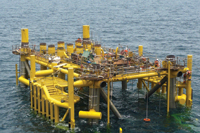
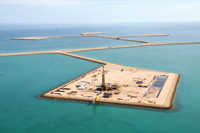

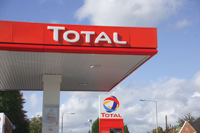
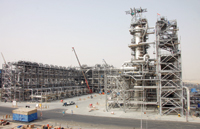

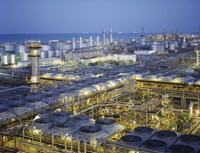

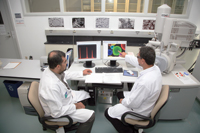
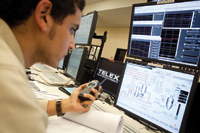
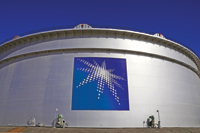
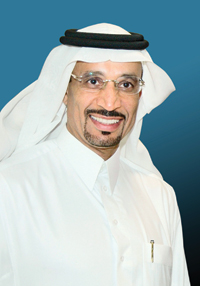


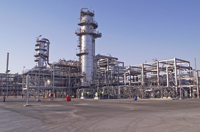

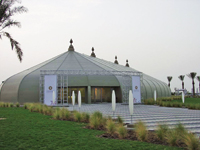
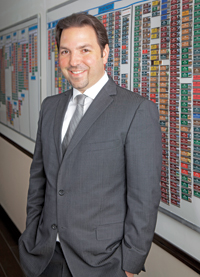
.jpg)
